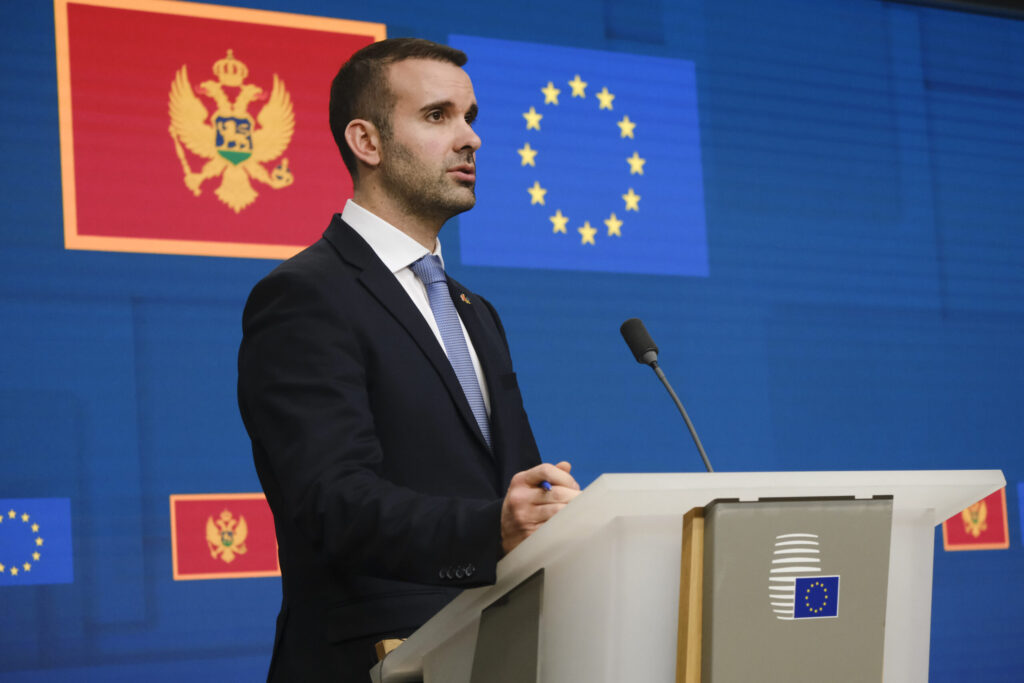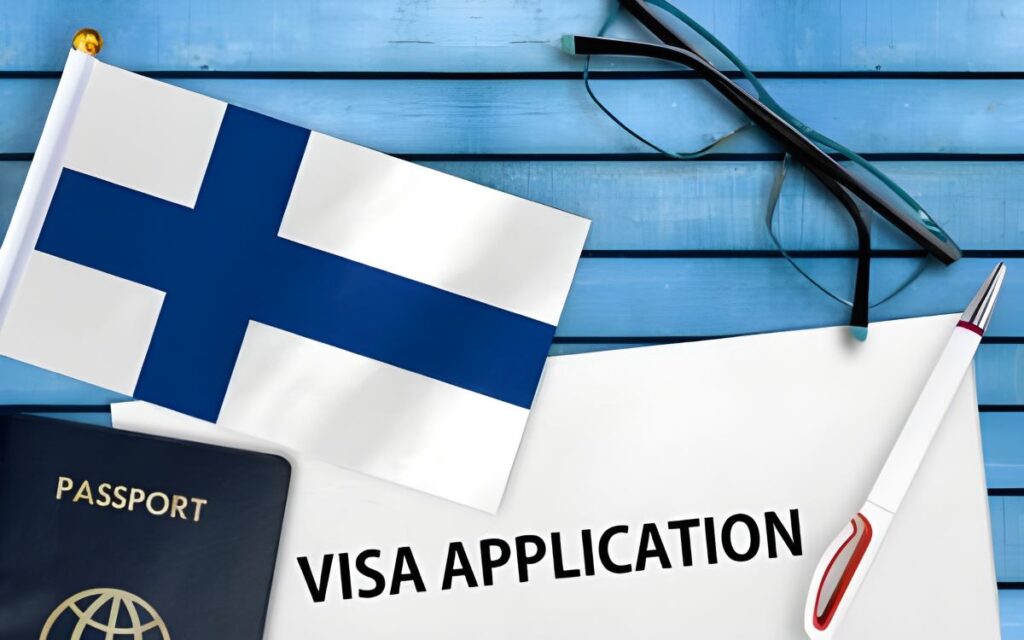
1. Political Shift Overview
Montenegro is experiencing a significant political shift, with growing influence from Serbia and Russia. This change raises questions about its alignment with Western countries.
2. Recent Political Developments
Montenegro’s new government has shown signs of pivoting away from its pro-Western stance. Recent actions and statements suggest a closer alignment with Serbia and Russia.
3. Impact of New Leadership
The shift is largely attributed to the new leadership, which has favored policies aligning more with Serbia. This change contrasts with Montenegro’s previous pro-EU and NATO stance.
4. Serbia’s Influence
Serbia has been increasingly active in Montenegrin politics, with efforts to strengthen ties. This influence is seen in various sectors, including economic and diplomatic relations.
5. Russian Involvement
Russia’s involvement is also significant. Moscow has sought to expand its influence in the Balkans, and Montenegro’s pivot could further enhance Russian presence in the region.
6. Western Concerns
The West, including the EU and NATO, is concerned about Montenegro’s potential shift. It may affect regional stability and Montenegro’s future as a partner in Western alliances.
7. Economic Factors
Economic factors play a role in this shift. Montenegro’s economic struggles may drive its leadership to seek closer ties with Serbia and Russia for financial and political support.
8. Public Opinion
The Montenegrin public’s opinion is divided. While some support the new direction, others are concerned about the potential loss of Western support and integration.
Conclusion
Montenegro’s political shift towards Serbia and Russia marks a significant change in its foreign policy. This realignment poses questions about its future role in Western alliances and could impact regional stability and international relations.
For latest news and updates, visit https://greenoutdoors.in/news/ or connect with us only at visa@gogpl.in.



